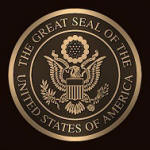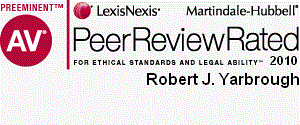Newsletter Issue 59 - January 2014
In this issue:
patent reform
State of the Union
In his state of the union speech, President Obama said: "And let's pass a patent reform bill that allows our businesses to stay focused on innovation, not costly, needless litigation."
Both houses of Congress are well on the way to enacting new patent legislation, in part as a reaction to the bullying of small businesses by MPHJ Technologies through demand letters alleging patent infringement.
H.R. 3309, entitled 'Innovation Act,' was introduced in the Republican-controlled House of Representatives on October 23, 2013 and passed the House on December 5, 2013 with a majority vote of both parties. H.R. 3309 has now been referred to the Senate Judiciary Committee. The stated purpose of H.R. 3309 is to curb abusive patent infringement litigation, particularly by 'patent asserting entities' that own patents but do not produce products. H.R. 3309 includes several changes, but the one that is most eye-popping is that the plaintiff must pay the defendant's expenses including attorney's fees if the court determines that infringement claims are not reasonably justified or are made in bad faith.
The cost-shifting provisions of H.R. 3309 are radical. In the U.S., each party to litigation generally bears its own costs. H.R. 3309 would adopt the standards of the Equal Access to Justice Act, 28 U.S.C.§2412(d)(1)(A), and apply those standards to private patent litigants. The Equal Access to Justice Act applies to payment of costs and attorneys fees by the Federal government. In a civil suit by or against small businesses or individuals of limited means, the Federal government is liable for cost and attorneys fees UNLESS the government demonstrates that its position in the litigation was 'substantially justified.'
H.R. 3309 would certainly avoid the defendant's costs of patent infringement litigation, but it would also severely limit the value of inventions and patents. If H.R. 3309 becomes law, only the very brave, the very foolish, or the very rich will initiate patent infringement litigation.
S.
1720 was introduced on November 18, 2013 by Democratic Sen.
Patrick Leahey, Chairman of the Senate Judiciary Committee. S. 1720
includes some of the procedural improvements of H.R. 3309, but
excludes the cost-shifting provisions. S.1720 takes direct aim at
the practices of MPHJ Technologies by adding that the Federal Trade
Commission will police false or misleading demand letters. We expect
that Sen. Leahey's version of the bill is the one that will advance
from Sen. Leahey's committee.

